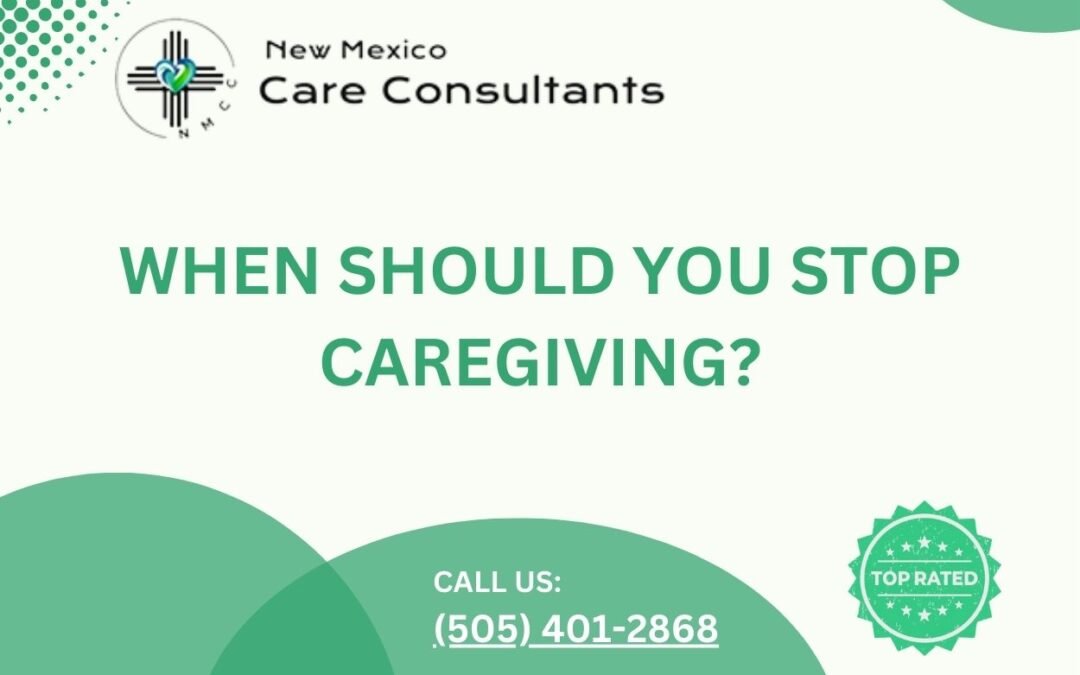In the intricate dance of life, the role of a caregiver is both a noble and challenging one. The journey of providing elderly care in Albuquerque, New Mexico, often unfolds as a tapestry woven with love, dedication, and moments of profound connection. However, there comes a time when the question lingers in the air: When should you stop caregiving? It’s a delicate crossroads, where the threads of responsibility and compassion intertwine, and the answer requires both introspection and a compassionate understanding of the evolving needs of the elderly.
The decision to stop caregiving is not a simple one. It’s a complex web of emotions, responsibilities, and, most importantly, the well-being of the elderly individual. One key indicator is recognizing when the physical demands of caregiving surpass your capacity. As the days unfold in Albuquerque, a city with its own heartbeat, the strain of providing constant physical assistance can take a toll on both the caregiver and the recipient of care.
Imagine lifting the weight of responsibility that caregiving entails. It’s a balance between acknowledging your limitations and ensuring that the elderly individual receives the care they need to thrive. Albuquerque, with its vibrant cultural tapestry and the spirit of community, becomes the backdrop against which the decision to stop caregiving is made with compassion and foresight.
Another pivotal moment in the caregiving journey is recognizing signs of burnout. Albuquerque’s diverse neighborhoods may offer solace, but the relentless demands of caregiving can erode the caregiver’s mental and emotional well-being. Feelings of exhaustion, persistent stress, and a waning sense of fulfillment may signal that it’s time to consider alternative arrangements for elderly care.
In the heart of New Mexico, where the echoes of history blend seamlessly with the present, transitioning away from caregiving can be a transformative step towards ensuring a higher quality of life for both the caregiver and the elderly individual. It’s a process that involves acknowledging the evolving needs of the individual and seeking out professional support when necessary.
Elderly care in Albuquerque, New Mexico, is not a solitary journey. It’s a collaborative effort that requires open communication and a willingness to adapt to changing circumstances. Recognizing when to stop caregiving is not a sign of abandonment but rather a testament to the commitment to ensuring the best possible care for the elderly individual.
Embracing change in elderly care is an act of compassion, a recognition that professional assistance may provide a more comprehensive and specialized approach to meet the unique needs of the elderly. As the sun sets over the Sandia Mountains, signaling the close of another day in Albuquerque, the decision to transition away from caregiving becomes a commitment to preserving the dignity and well-being of the elderly individual.
In conclusion, knowing when to stop caregiving is a deeply personal and nuanced decision. It’s a recognition that the journey of care is multifaceted, and the needs of the elderly may evolve over time. In the vibrant city of Albuquerque, where the past and present coexist harmoniously, the transition away from caregiving becomes a meaningful chapter in the larger narrative of compassion, resilience, and the unwavering commitment to the well-being of our cherished elderly community.

